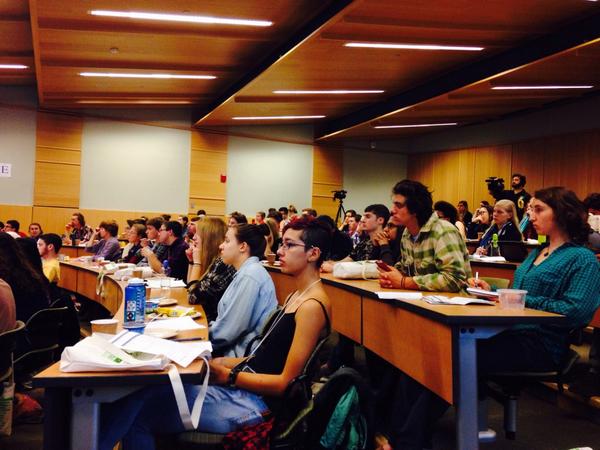"Ending is better than mending, ending is better than mending, ending is better …" - - Brave New World / Aldous Huxley
Export for repair and reuse is specifically legal. Not just saying 'it's not explicitly banned'. It is specifically and explicitly stated to be legal inside the text of the Basel Convention.
"B1110 Electrical and electronic assemblies:
- Electronic assemblies consisting only of metals or alloys
- Waste electrical and electronic assemblies or scrap(13) (including printed circuit boards) not containing components such as accumulators and other batteries included on list A, mercury-switches, glass from cathode-ray tubes and other activated glass and PCB-capacitors, or not contaminated with Annex I constituents (e.g., cadmium, mercury, lead, polychlorinated biphenyl) or from which these have been removed, to an extent that they do not possess any of the characteristics contained in Annex III (note the related entry on list A A1180)
- Electrical and electronic assemblies (including printed circuit boards, electronic components and wires) destined for direct reuse,(14) and not for recycling or final disposal(15)
But more and more people are confused, or downright fooled, about international law. "Sure, Africans are repairing as well as reusing, and reuse is better than recycling, but the export is illegal under the Basel Convention".
For an expert source on the Basel Convention, unamended, please consider the position of the Basel Action Network, in their 1999 piece "Why The US Must Ratify the Entire Basel Convention (or None At All)" It's Jim Puckett's complaint about what he sees as the weakness of the Basel Convention, and saying that only nations which had voted for the Ban Amendment get it right.
"It is our conclusion that US ratification of the original 1989 treaty without simultaneous ratification of its Ban Amendment will equate to a net loss for the global environment and the protection of developing countries. Until the United States changes its position within the Basel Convention and decides to join the rest of the global community in ending the most abusive form of the international waste trade -- export of hazardous waste to developing countries it would be much better for the earth and its inhabitants to keep the US out of the game entirely."The Basel BAN Amendment is a proposed, unpassed and unratified language which would make export for repair and reuse just as illegal as the export of waste. It represents votes by representatives to the international secretariat. They come together every couple of years, and BAN lobbies them to alter the rules in the convention (see video Part III). Basel Action Network calls "loopholes" in the Convention, and perhaps they are and perhaps they aren't... but democracies leave those changes for legislatures and executive branches to decide (else many governments would never sign any treaty, if it could be changed by representatives appointed by non-elected officials in other lands, and the changes were binding on the democracies.).
Most see the Amendment as recommendations voted on by representatives of "parties" who attend Basel Convention meetings and conferences. At Basel Action Networks urging, these committees take votes to add to the upcoming "Amendment". Nations are free to incorporate the various "amendments" into their national laws, and many European governments do this (adapt Guidelines into the WEEE rules, for example). But most nations don't, because it would be unconstitutional to have a bunch of people at a meeting who are not even citizens, much less elected representatives, vote in changes of law.
The USA, and most nations, take the position that once their legislatures ratify a Convention, that the language in the Convention as passed is the law until/unless the legislatures ratify later amendments adn suggestions. Jim Puckett cannot attend a meeting in Vienna and vote a change to USA law.
That is a proposed AMENDMENT to the current Basel Convention Law. It is not the law!The current Basel Convention explicitly states under Annex IX (legal exports) section B1110 on electronics that electronic assemblies and cathode ray tubes specifically are legal for export for repair and that signatories can consider these "non-waste". They are also specifically mentioned as non-waste commodities in the "cores" and refurbishing WTO agreement (Doha Round).



%2B-%2BGoogle%2BChrome%2B5142014%2B10933%2BPM.bmp.jpg)


